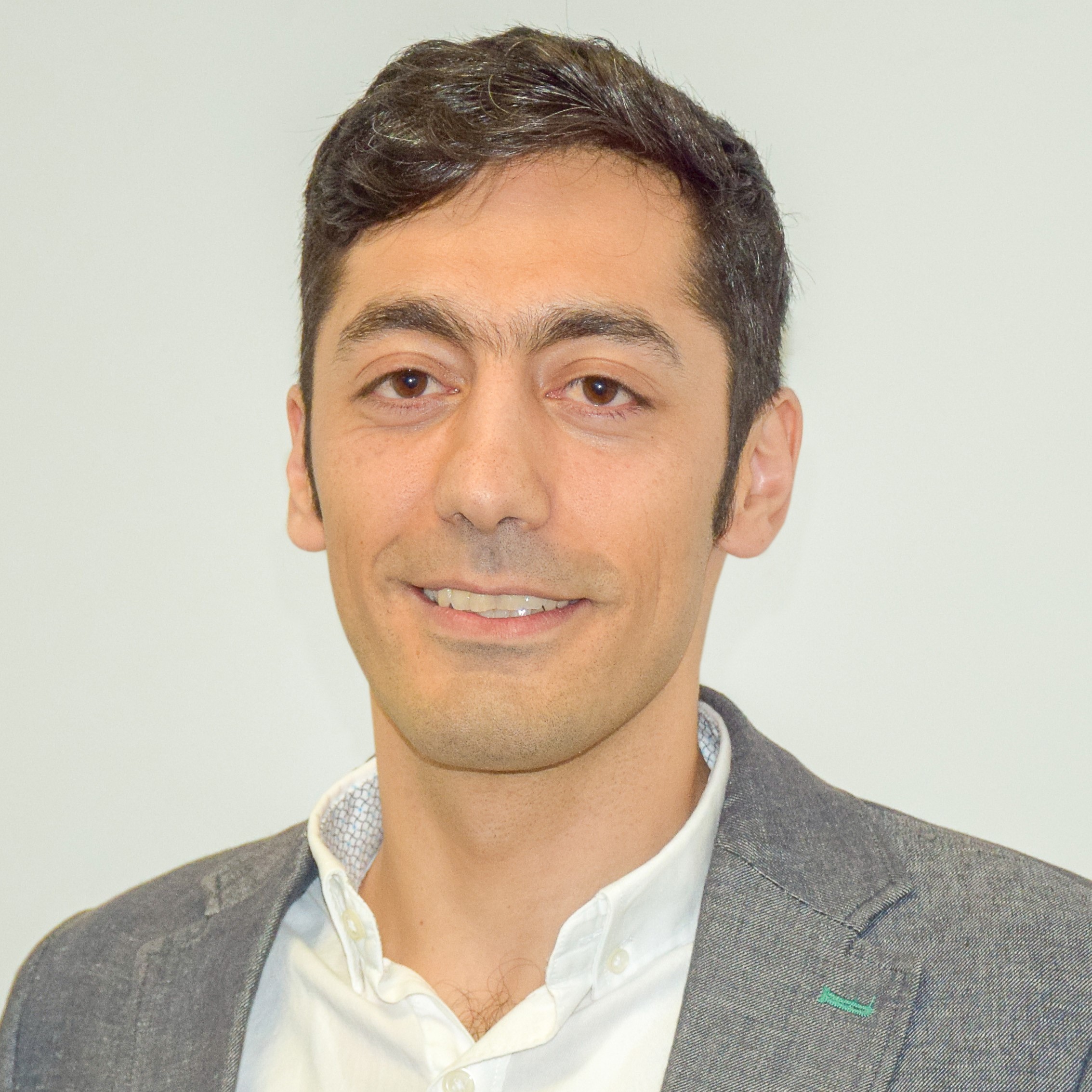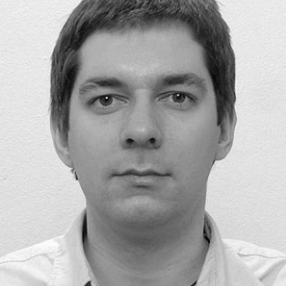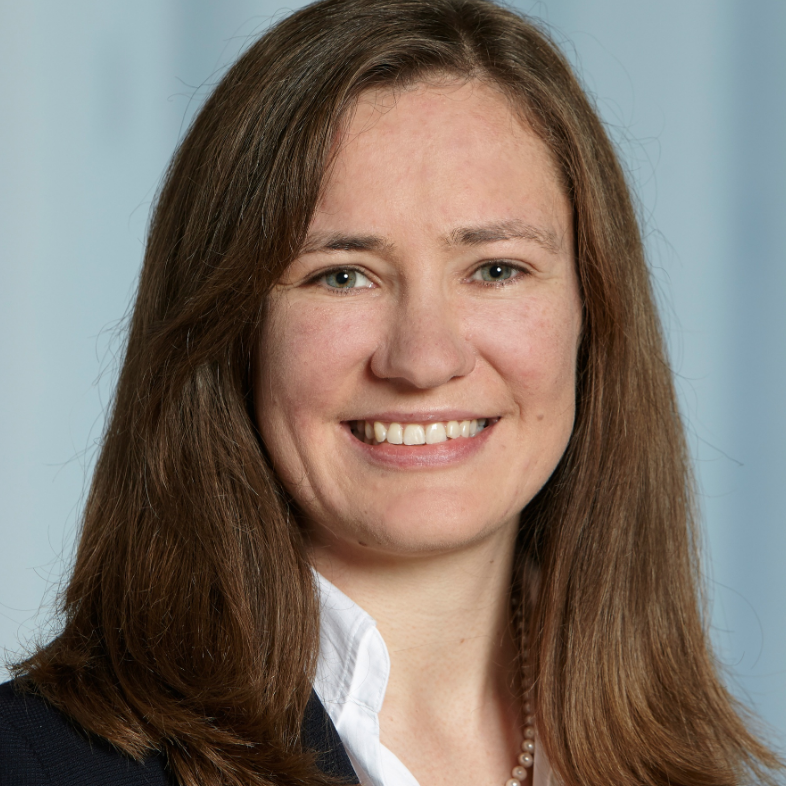Bringing intelligence in system health management of power systems: From system health monitoring to decision support
With Olga Fink
Data analytics and machine learning applications for a sustainable energy future
With Angelos Selviaridis
Monitoring, control, and digitalization of electrical distribution grids using automated and data-driven solutions
With Omid Mousavi
From Big Data to a Virtual Power Plant
With Florian Hochstrasser & Sabine Vincent
Digital Transformation in Renewables: Challenges and Opportunities
With Pramod Bangalore
ML for Energy: why academic models fail in the real world
With Emanuele Fabbiani
Poster Pitches
Break
Long-term heat load forecasts using hierarchical archetype modelling and hourly smart meter data
With Martin H. Kristensen
A Model Selection Approach for Time-Series Based Local Day-Ahead Electric Load Forecasting for Industrial Customers
With Gwendolin Wilke
A fast inference Machine Learning model to assess the rooftop solar photovoltaic diffusion
With Roberto Castello
Semi-deep learning with user feedback improving energy prediction models and improving user experience
With Jiufeng Shi
PID autotuning via two-stage safe Bayesian optimization for heat pump control: Simulation and experimental results
With Bratislav Svetozarevic
Wind Farm Dynamic Yield Optimization using Reinforcement Learning
With Giorgio Cortiana















